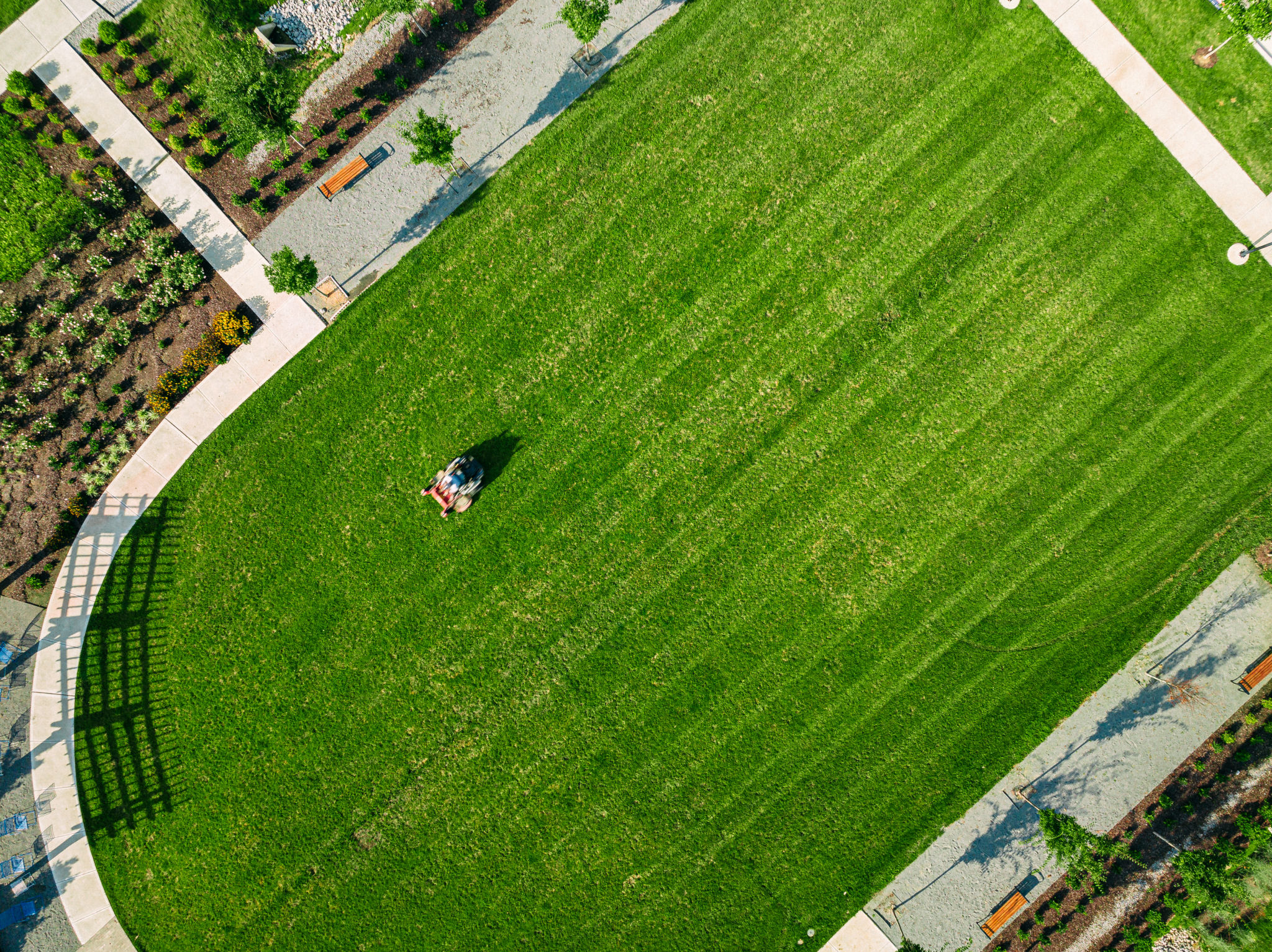Exploring the Benefits of Organic Lawn Care for a Greener Essex County
Why Choose Organic Lawn Care?
Organic lawn care is gaining popularity as homeowners in Essex County seek environmentally friendly options for maintaining lush, green lawns. Embracing organic practices means using natural solutions over synthetic chemicals, which contribute positively to both the environment and your personal health.
By opting for organic methods, you're not only nurturing your lawn but also creating a safer outdoor space for your family and pets. The elimination of toxic chemicals reduces the risk of soil and water contamination, ensuring a healthier ecosystem.

Environmental Benefits of Organic Lawn Care
One of the most significant benefits of organic lawn care is its positive impact on the local environment. Organic fertilizers and pest control methods work to enhance soil health, promoting biodiversity by supporting beneficial insects and microorganisms. This approach also reduces the carbon footprint associated with the production and transportation of synthetic chemicals.
Organic practices encourage sustainable water use by improving soil structure, which increases water retention and reduces runoff. This means less frequent watering while still maintaining a vibrant lawn, a key advantage in areas with water restrictions or conservation efforts.

Health Benefits for Your Family and Pets
Switching to organic lawn care means your lawn is free from harmful chemicals that can pose health risks. Traditional lawn care products often contain toxins that can be absorbed through the skin or inhaled, leading to potential health issues. Organic products, on the other hand, are safe for contact, ensuring peace of mind when children and pets play outdoors.
Additionally, organic methods minimize the risk of chemical runoff into local water supplies, safeguarding community health. By choosing organic, you're contributing to a healthier environment for everyone in Essex County.
The Financial Advantages
While organic lawn care may seem more expensive initially, it often proves cost-effective over time. Healthy soil and grass require fewer inputs in the long run, reducing the need for frequent applications of fertilizers and pesticides. Organic lawns tend to be more resilient, withstanding pests and diseases better than their chemically treated counterparts.

Moreover, by improving soil health and biodiversity, your lawn can naturally resist weeds and pests, further decreasing maintenance costs. This self-sustaining approach can lead to significant savings without sacrificing the beauty of your outdoor space.
Steps to Transition to Organic Lawn Care
If you're considering transitioning to organic lawn care, here are some steps to get started:
- Soil Testing: Determine your lawn's current nutrient needs with a soil test.
- Choose Organic Fertilizers: Use natural fertilizers like compost or manure to enrich the soil.
- Introduce Beneficial Insects: Encourage the presence of insects that help control pests naturally.
- Practice Proper Mowing: Keep grass at an optimal height to promote root development and prevent weed growth.
By following these steps, you can gradually shift towards a healthier, more sustainable lawn care regimen.
Conclusion: A Greener Future for Essex County
Embracing organic lawn care is a step towards a greener future for Essex County. By prioritizing environmental sustainability and personal health, homeowners can enjoy beautiful lawns without compromising on safety or ecological responsibility. As more people make the switch to organic methods, the collective impact on our community and ecosystem will be substantial.
Whether you're motivated by environmental concerns, health benefits, or long-term savings, organic lawn care offers numerous advantages that make it an attractive choice for any homeowner looking to create a thriving outdoor environment.
